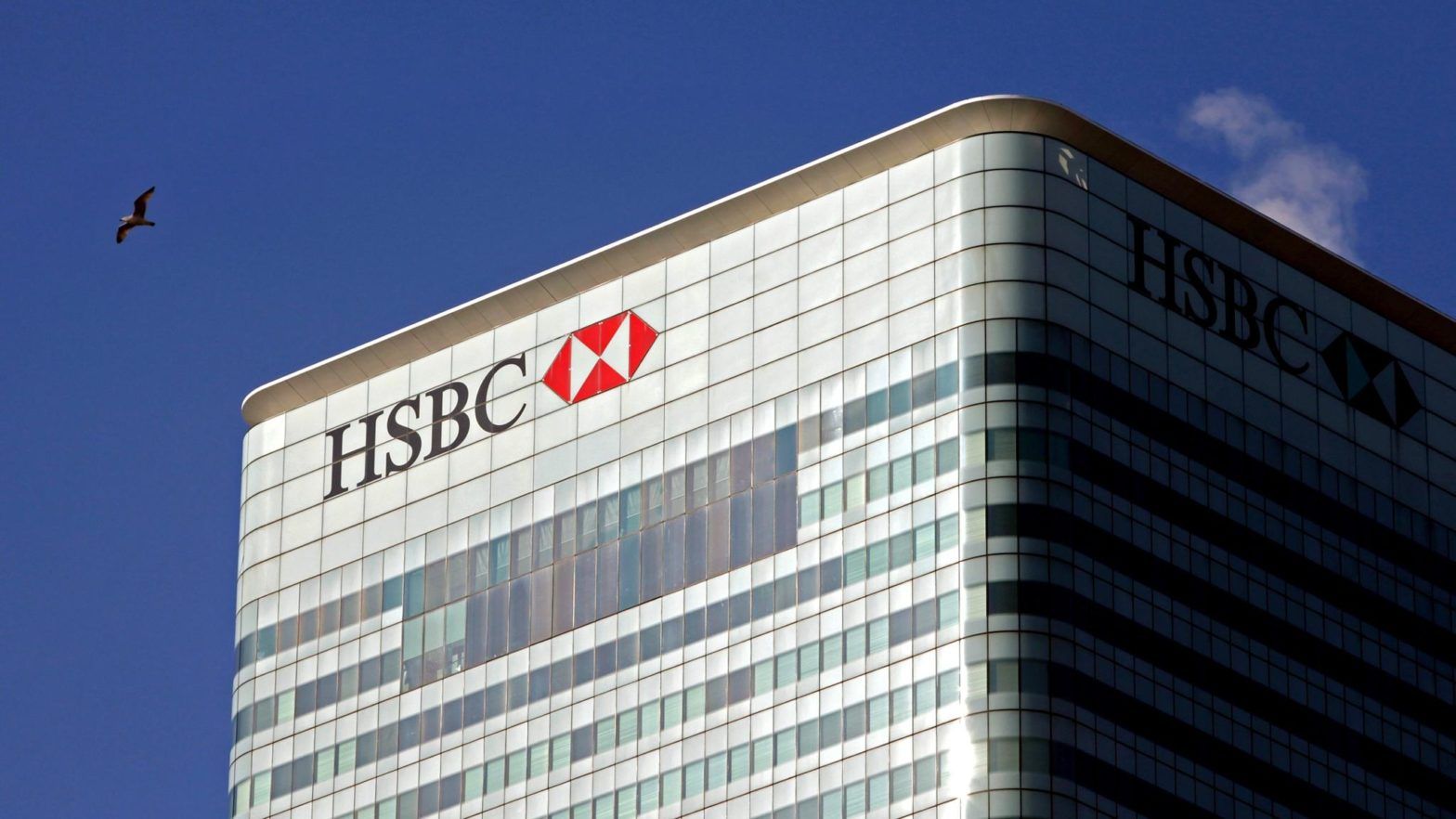An unclear, non-existent industrial strategy within Europe will hamper the continent’s ability to attract investment, according to HSBC in a report published this week.
The report, New Growth Engines for a Changing World: Investment Outlook Q1 2025, warned the continent’s inability to formulate a ‘clear industrial strategy’ is hurting its manufacturing base and is acting as a weight on its economic growth.
HSBC’s authors wrote: “The deceleration in global economic growth adds to the challenges for very open and global European equity markets. European equity markets did relatively well, given the domestic economic conditions as their global footprint has enabled them to benefit from growth in other parts of the world.”
They added: “But following the US elections and the prospect of more tariffs, we downgraded our view on both Germany and the eurozone to mildly underweight. Tariffs could adversely affect the consumer discretionary sector while the luxury companies continue to search for the Asian consumer who has not yet returned in full.”
Within private markets, HSBC also said Europe-focused funds have seen their share of fundraising attain the highest levels in several years despite an overall slowdown. This, it said, could be reflective of interest-rate cuts across the continent, but may also be due to more-attractive valuations.
See also: ING stakes case on fiscal stimulus in Germany
It added: “Regardless, activity levels should pick up quite significantly in Europe as these allocations are put to work.”
Conversely, the international bank said the most-precipitous declines in global commercial real estate have occurred in Europe and the US. HSBC reported that volumes had declined by 19% in Europe and by 18% in the US. Conversely, the Asia-Pacific region had seen what it called a ‘modest’ increase of 3.4%.
These deteriorations, it stated, along with falling interest rates, are beginning to boost the appeal of real estate, even if investment volumes are ‘subdued’.
HSBC said: “As capital values settle, the re-rating of property yields across Europe, North America, and parts of Asia (such as Australia) provides the foundation for an improved outlook for direct property market returns. Further declines in interest rates should also boost the relative appeal of real estate yields versus other asset classes.”
These remarks from HSBC come around two weeks after the Atlantic Council said there were ‘formidable obstacles’ to Europe’s new industrial plans.
As Portfolio Adviser Europe wrote a week ago, the Atlantic Council says that the bloc’s industrial sector, which makes up 80% of its exports, faces challenges after its loss of cheap energy imports and reliance on imported technology for its decarbonisation mission.
Despite the promise from EU president Ursula von der Leyen of a ‘Clean Industrial Deal’, the Atlantic Council says that there are a number of alarming trends across the continent.
It wrote: “The European Union’s share of the global industrial sector, measured by gross value added, decreased from 21% in 2000 to 14.5% in 2021, numbers similar to the United States. Manufacturing still accounts for 15% of the bloc’s gross domestic product (GDP). But amid the impacts of Covid 19 and the 2022 energy crisis, the EU industrial sector has lost 850,000 jobs since 2019.”







